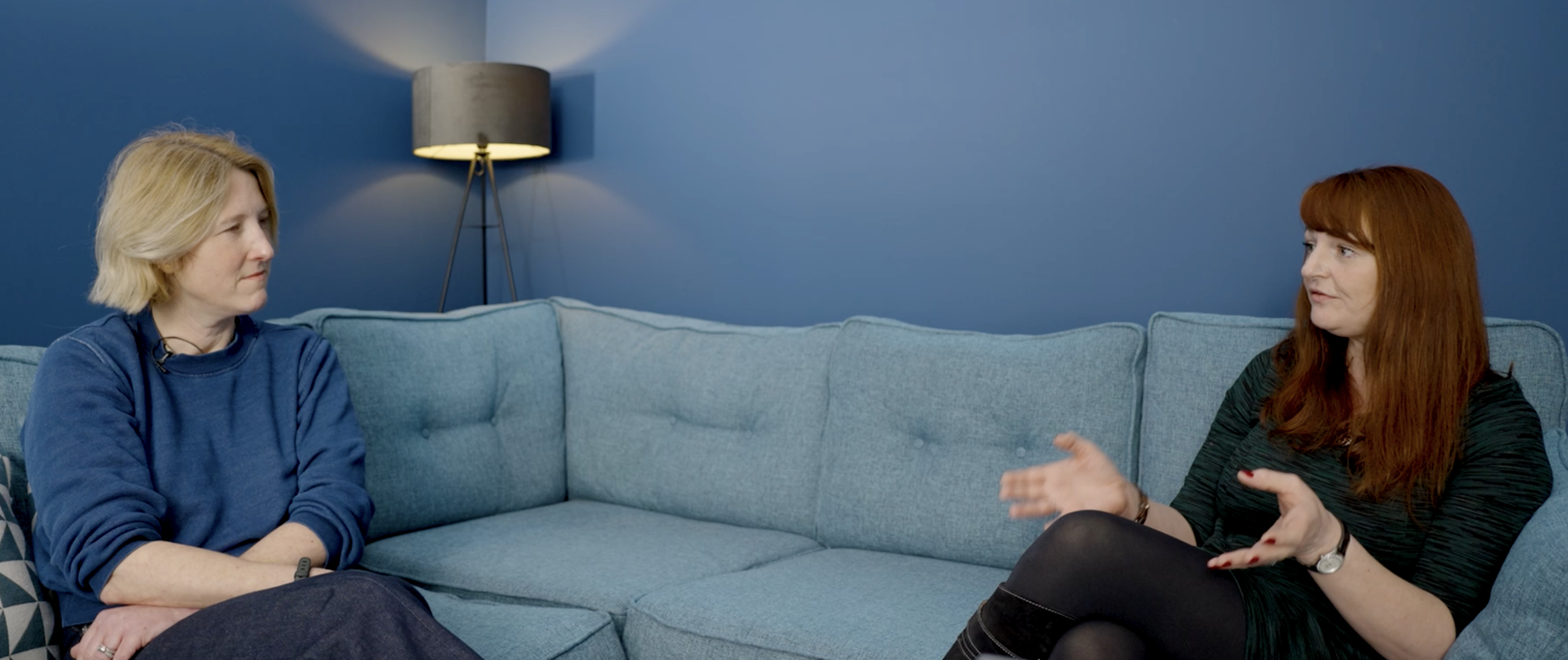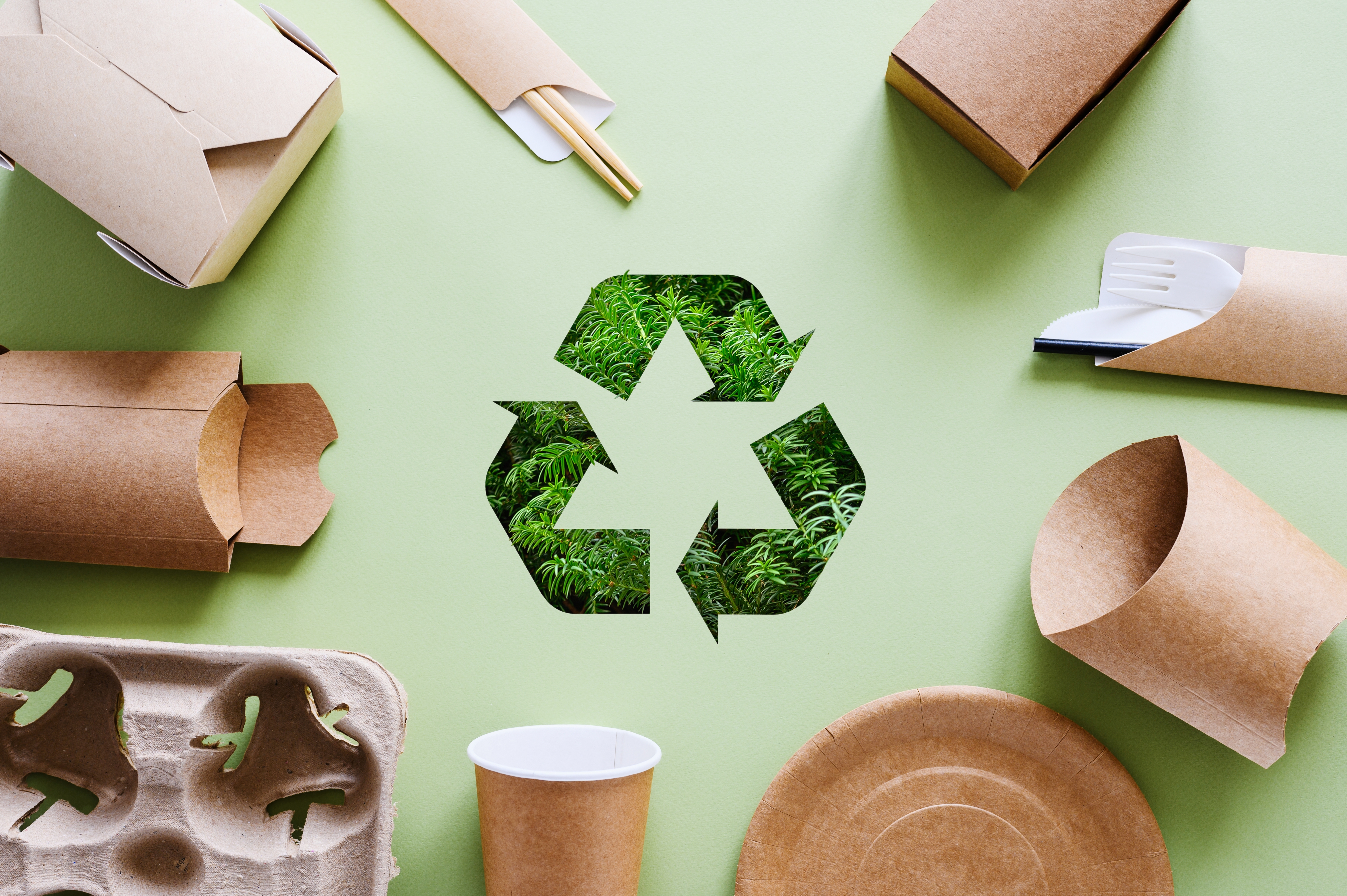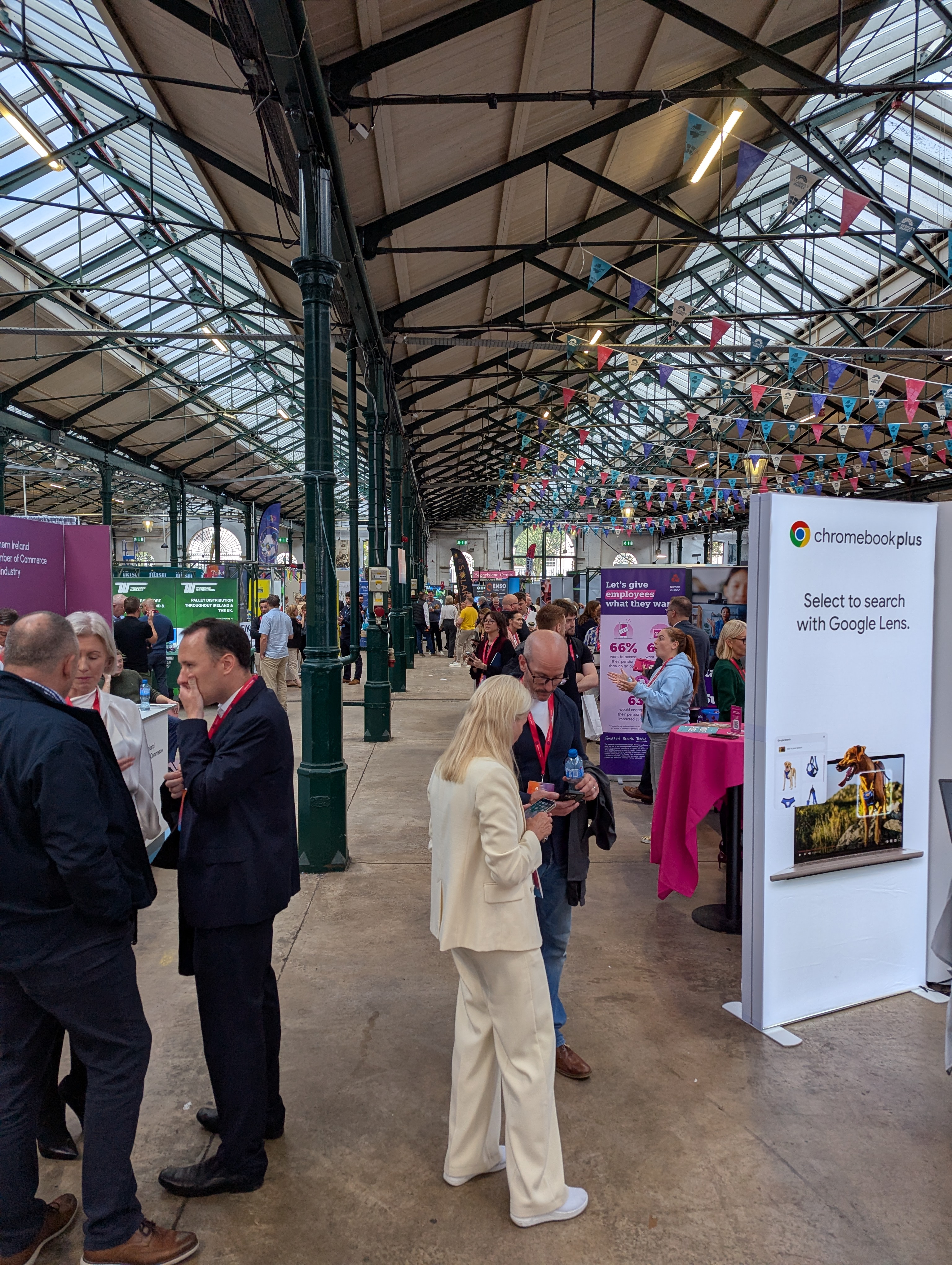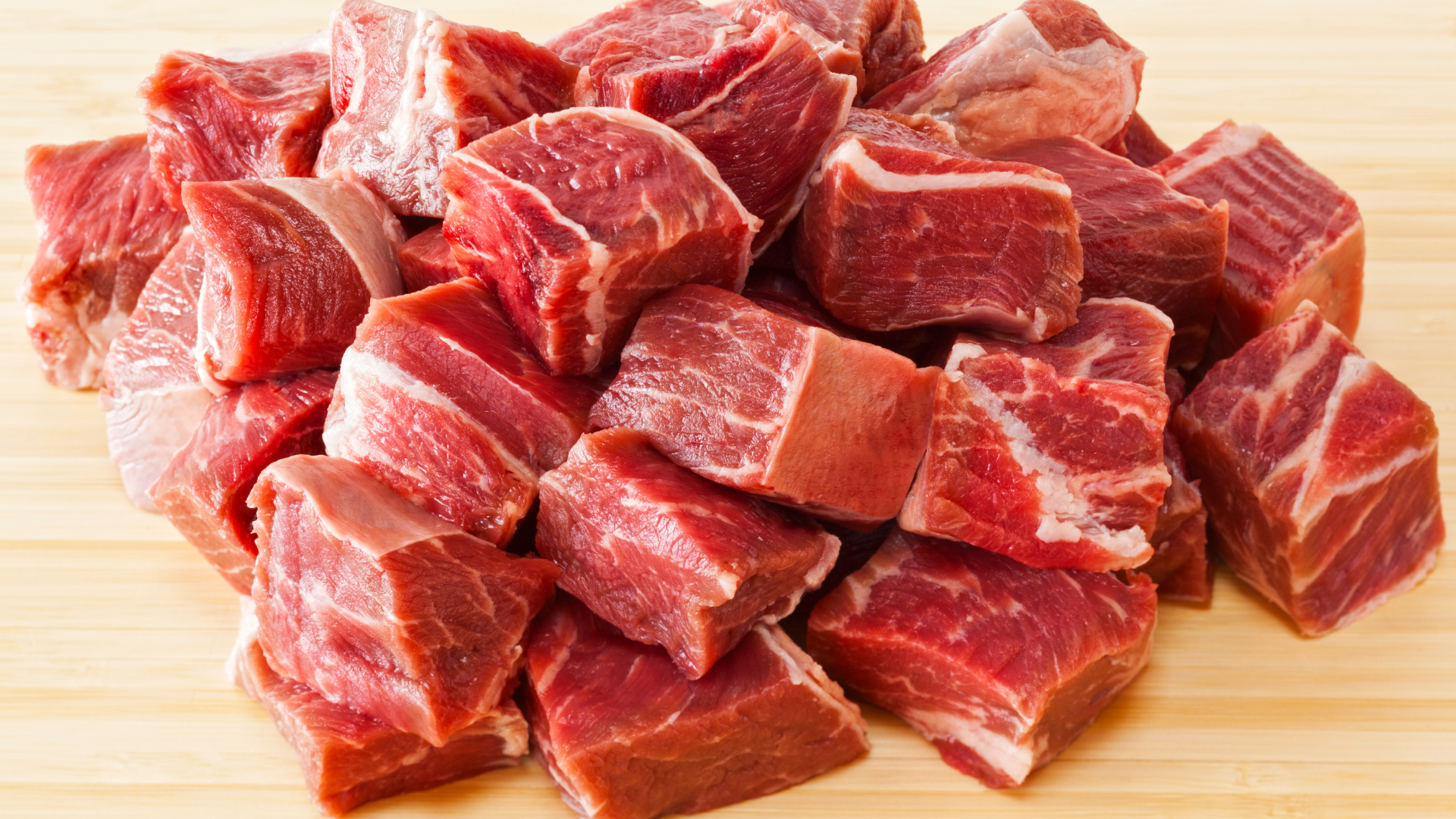In the next in our Industry Voices interview series, Invest NI’s Senior Business Development Manager for the UAE talks global supply chains during Covid and how a tech boom has helped bolster food security in the region.
Scott Hanna is watching a cruise ship sail into Dubai harbour. It’s been a long afternoon so he’s happy for the distraction. As we start to chat about Northern Irish produce and its placement in the United Arab Emirates market, he soon forgets the ship, instead remembering the events of four years prior.
Back in 2020, Covid had just hit as Hanna started his job in the UAE. As Senior Business Development Manager for Invest NI there, he was new to the sector but not the region – and he was eager to learn. But there was one fact he was very aware of about the country’s food supply – between 80-90% of it was imported from elsewhere.
Experiencing supply chain resilience
It was predicted the pandemic would bring supply chain issues, wreaking havoc on his new work sector. “When that high a percentage of your food comes from elsewhere, it can make things quite difficult,” he explains. So, he waited – for the food shortages and empty shelves – and that’s when he discovered a second fact about the UAE food sector. Its supply chain is incredibly resilient.
Four years on, Hanna says, “All through Covid there were no supply issues.” He puts it down to the speed with which the country reacted to the pandemic. “The UAE adapted very quickly. All of a sudden, all these home-grown companies were popping up, particularly in agri and food production – not enough to support the entire population, but enough to make a difference.”
He also generally thinks that it came down to the way the country was, and is, run. “We went through a severe lockdown, yes, but there also wasn't any panic buying. You never saw runs on shelves and things like that, are a testament to the country’s leaders.”
"All through Covid there were no supply issues... We went through a severe lockdown, yes, but there wasn't any panic buying."
After that, he explains, the industry really doubled down to make sure there weren’t any future issues either. “Since Covid there's been a huge drive here on improving food security, and when the UAE talks about food security, they literally mean having a secure and reliable supply of food.”
Tracking the regional tech boom
Today, Hanna’s role at Invest NI covers not just the UAE, but Oman, Bahrain, Qatar and Kuwait too. And things have changed in the region in the interim, especially when it comes to tech investment and adoption in the sector.
The most important new addition is the establishment of the Food Tech Valley, an area dedicated to the creation of new factories and new production facilities for local and international companies to come in and start producing.
“I’m seeing aquaponics, hydroponics, and all these different types of growing methods being adopted aggressively here. The UAE is positioning itself at the forefront of all kinds of technology, from AI data and analytics through to sourcing and delivery, using it to build on efficiencies and speed up deliveries. It goes hand in hand with the food industry.”
"The UAE is positioning itself at the forefront of all kinds of technology, from AI data and analytics through to sourcing and delivery... It goes hand in hand with the food industry."
Hanna has marvelled at the changes, but none take away from his job at Invest NI. He acts on behalf of Northern Ireland companies, making successful introductions to businesses in the region who want - and perhaps need - what the Northern Irish food industry can provide.
Building quality connections
“I deal with the Northern Irish dairy companies, who are multinationals, right down to small family-run farms and artisan producers basically.” Every interaction and customer engagement is different - and he loves watching the moment that people’s eyes are opened to the quality of the Northern Irish produce.
“We had a chef, who works for one of the most high-profile restaurants in the UAE, come to our stand at Gulfood one time. It wasn't that he was reluctant, but you could tell he wasn’t expecting much. Then he went round and tasted the various different products, and you could see his mindset completely changed.”
So, why the surprise? “I think it’s because Northern Ireland is a small country,” says Hanna, “sometimes expectations are low. But the UAE is a very competitive market, so you really must have something that sits above the parapet in order to stand out and make an impression – and I think that chef came away really understanding that.”
"The UAE is a very competitive market, so you really must have something that sits above the parapet in order to stand out and make an impression."
Northern Irish products are doing very well in the region right now, says Hanna. Dairy, gluten-free and healthy eating products are all booming. So is the milk powder market, which is made specifically for the region.
And he’s hearing more and more people say they want to buy from Northern Irish companies. “The industry is growing so much, so now the challenge is getting Northern Ireland companies a little more excited in terms of being export ready.”
Responding to market need
Products being Halal is a big requirement – and a sticking point, in light of the significant business opportunity. One he hopes to remedy with an education piece and not just for the Northern Irish companies. “Some of the large supermarkets within the UK aren’t making halal products a priority, so they aren’t pushing producers to certify themselves. And if your biggest account is in the UK rather than the UAE, then you're going to follow their requirements rather than anyone else’s.”
As he explains the situation, he catches sight of the cruise ship once more, bringing his thoughts back to local supply chains – and the recent issues in the Red Sea. This time round Hanna knows that shortages won’t be an issue, but there may be rising costs to contend with, as businesses opt to fly in product rather than rely on sea freight.
“There are only two methods to get the product from A to B, one is expensive and quick, and one is less expensive but time-consuming. And so, you know, it's really beholden on the buyers, whether that be the consolidators in the UK or the buyers here in the UAE to manage their supply chain.”
Whichever they choose, the shelves will remain stacked with products from the Northern Irish companies he represents in the region. And for Hanna, that means a job well done.
If you'd like to discover more interviews in our Industry Voices series, you can read them here.
.jpg)
Greer McNally
Greer has over 15 years’ experience writing about trends in the food and retail sectors. She lives in a little village by the sea in Northern Ireland and loves creating content that informs how people think about the food industry. A recent career highlight was interviewing the legend that is Dr Temple Grandin.
Stay up to date
Stay up to date
Browse Posts
- February 2026
- January 2026
- December 2025
- November 2025
- October 2025
- September 2025
- August 2025
- July 2025
- June 2025
- May 2025
- April 2025
- March 2025
- February 2025
- January 2025
- December 2024
- November 2024
- October 2024
- September 2024
- August 2024
- July 2024
- June 2024
- May 2024
- April 2024
- March 2024
- February 2024
- January 2024
- December 2023
- November 2023
- October 2023
- September 2023
- August 2023
- July 2023
- June 2023
- May 2023
- April 2023
- March 2023
- December 2022
- November 2022
- October 2022
- September 2022
- August 2022
- July 2022
- June 2022
- May 2022
- April 2022
- March 2022
- February 2022
- January 2022
- December 2021
.png)

/Blog%20Headers/shutterstock_1927957907%20(1).jpg)
/Blog%20Headers/shutterstock_1845178195%20(2).jpg)
/Blog%20Headers/shutterstock_2133827717%20(1).jpg)
/Blog%20Headers/shutterstock_2473376713.jpg)
/Blog%20Headers/shutterstock_2247276303.jpg)





/Blog%20Headers/Digital%20Food%20safety%20management%20system.jpg)
/1.%20HubSpot%20Images/IMG_20230605_144537.jpg)
/Blog%20Headers/Duncan%20Spencer%20Brown.png)
/Blog%20Headers/UK%20%26%20US%20attitudes%20conversations%20about%20traceability.jpg)
/Blog%20Headers/shutterstock_2486860775.jpg)
/Blog%20Headers/shutterstock_604958933.jpg)
![[Infographic] Your road to regulatory compliance](https://blog.foodsconnected.com/hubfs/Blog%20Imagery%20(PI%20AUTOMATED)/Blog%20Headers/shutterstock_2212775551.jpg)
/Blog%20Headers/shutterstock_1886990077.jpg)
.png)